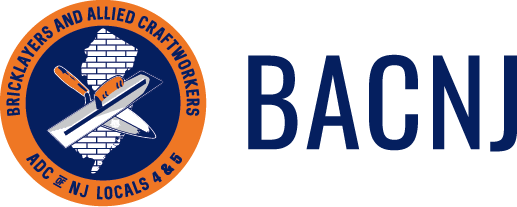In recent years, the proliferation of undocumented and unskilled labor has not only taken a toll on the US economy but has subsequently had an impact on labor-management resources across thousands of industries. Being able to identify and categorize the incursion of undocumented labor has presented challenges for organizational leaders that strive to implement sound labor practices. And while labor pool numbers in pre-pandemic years have declined, the Bureau of Labor Statistics has shown improvements in those numbers. But the most prevalent challenges remain at the forefront of labor leaders’ minds; the acquisition and education for skilled labor resources.
The marginalization of skilled labor over the last several decades has significantly impacted how the US economy has adapted to the supply and demand for skilled labor. Undocumented labor has provided both opportunities and challenges for labor leaders, offering up a wide array of issues that span from wage depression to obstacles involving state and federal income tax contributions. While these topics remain heavily politicized, skilled labor shortages continue to rise. Adjusting to labor supply issues continues to heavily impact not only economics but the common core goals and values that skilled labor has strived to embrace.
Wage Increases and Tax Benefits
According to New Jersey Policy Perspective, a New Jersey think tank, undocumented labor contributions are estimated at more than $587M annually in state and local taxes. These statistics include estimated undocumented populace per county, pooling extensive data ranges for taxpayers and families thriving across New Jersey. In addition, the article states that the expedition of authority to represent labor legally within the state would result in a wage boost as well as a tax increase for migrant workers, legitimizing labor resources and providing opportunities for the training and development of labor.
Positioning the specialization, training, education, and improvement of any particular labor pool can be prioritized by labor leaders and elected officials collaboratively. Through communication and collaboration, new ideas can permeate and good policy will rise to the surface. Efficiency and innovation are produced by utilizing the resources needed to pave the way for change and rejuvenation. The funding of education, apprenticeships, and training programs is a crucial aspect of the development and support for organized labor advocacy.
Raising The Bar For Undocumented Workers.
Skilled labor plays an essential role in the success of industry, policy, and economics. By being able to utilize undocumented labor resources and provide resources with the transferrable skills needed to compete in the labor force, the potential for advancement and improvement has the probability of increasing economic prosperity. Skilled labor can provide industry the boost it desperately needs to compete in a fiercely competitive labor environment, creating economic prosperity, wage increases, income tax increases, and more importantly, the skills required for men and women to achieve success for themselves and their families.

